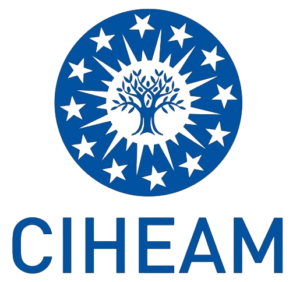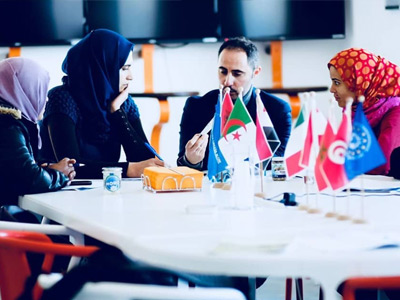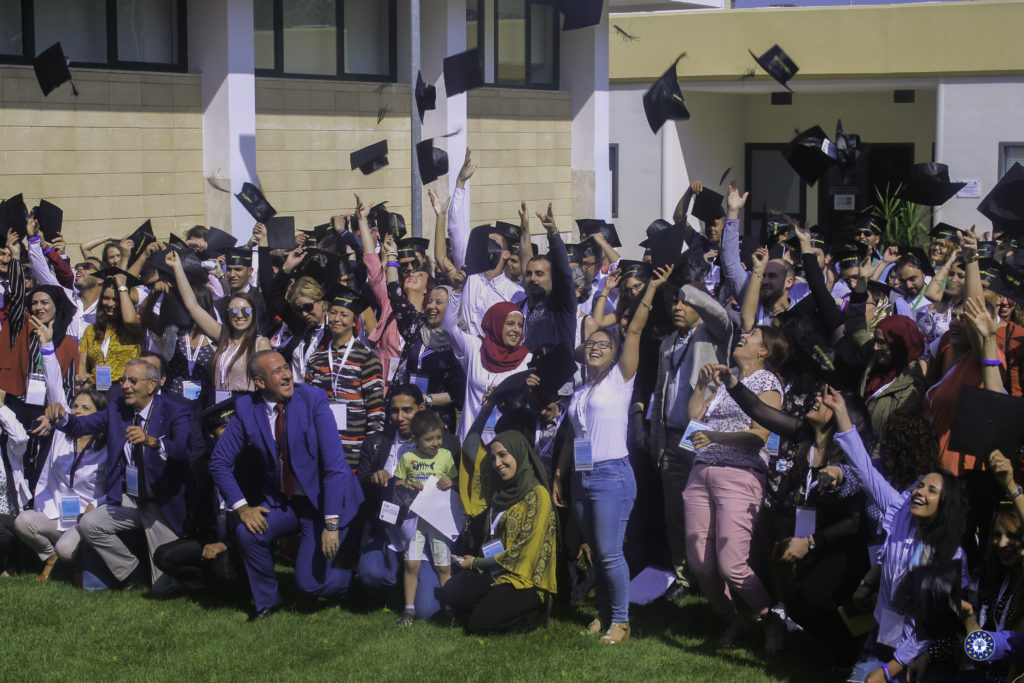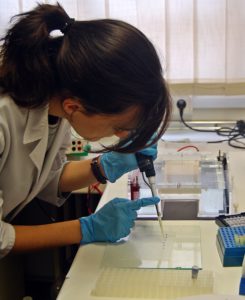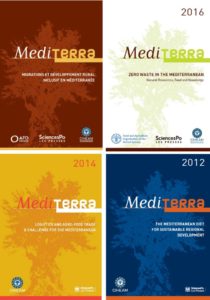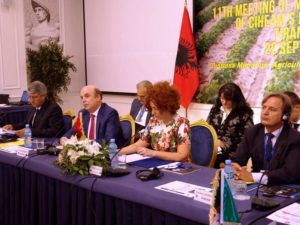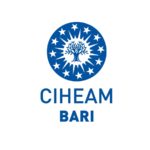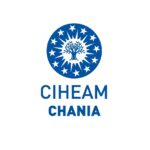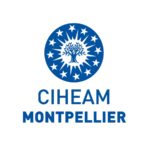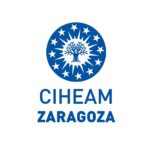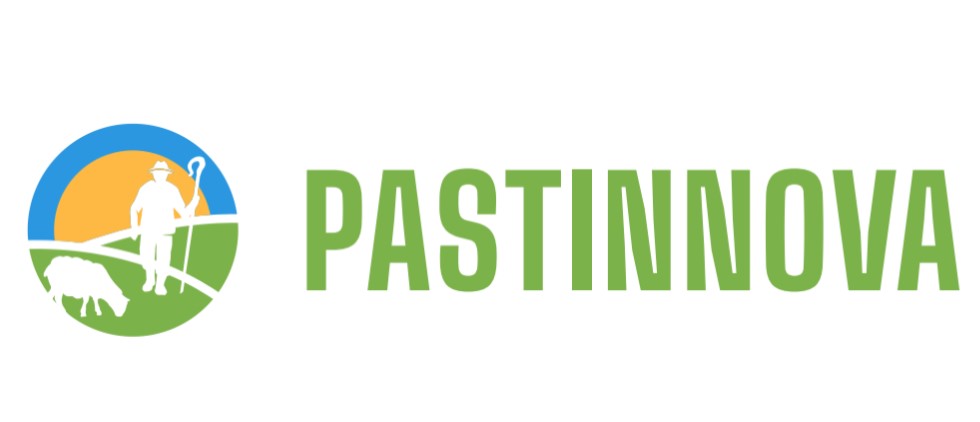
Innovative models for sustainable future of Mediterranean pastoral systems
May 2022 - April 2025
Learn more: https://www.iamz.ciheam.org/project/pastinnova/
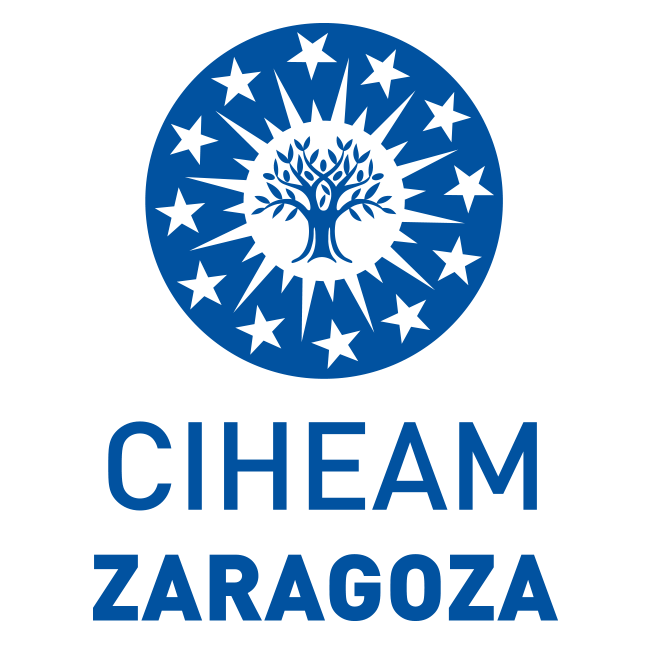
This project involves the CIHEAM Zaragoza Institute for dissemination, communication and training or capacity building activities.
Project Summary
PASTINNOVA is a 19-partner consortium that will examine pastoral systems which – despite the multiple challenges they face - are able to provide a broad array of ecosystem services (ES) along with high-quality products (dairy, meat, wool and processed) in a variety of agroecological and socioeconomic Mediterranean settings. The project proposes a holistic interdisciplinary approach to improve the weak positioning of pastoral smallholders in Value Chains of Pastoral products (VCP), with particular focus on vulnerable groups (e.g. women, young farmers, and migrant workers). Based on the Living Laboratories (LL) approach, a common network on “Pastoral actors and VCP” will be established to co-create solutions for farmer organizations, farm management and VCP through the integration of needs, capacities and experiences of actors (e.g. farmers, entrepreneurs, manufacturers, retailers, policy makers, researchers). Selected IBM will be tested and implemented in small-scale settings and assessed for their sustainability (economic, social, and environmental). In this way, PASTINNOVA will deliver upscaled, accessible and profitable IBM adapted to the characteristics of Mediterranean pastoralists and territories and propose a supportive policy framework and arrangements for access to markets. PASTINNOVA envisages to upscale the role of pastoralism by pooling a rich variety of existing resources of project partners, their experience and networks, including the outputs of numerous pastoral-related projects.
The key objective of PASTINNOVA is to reinforce the sustainability, profitability and resilience of small pastoral farms, by setting up innovations, business and organizational models (IBM) to valorize their full potential as drivers towards agro-ecological transition in livestock production.
Coordinator
Agricultural Economics Research Institute - Hellenic Agriculture Organization ELGO-DIMITRA (ELGO), Greece
Source of funding: European Union - PRIMA
Total budget: 2 750 000,00 €
Partners:
- Agricultural Economics Research Institute - Hellenic Agriculture Organization ELGO-DIMITRA (ELGO), Greece.
- Polytechnic University of Marche, Department of Agricultural, Food and Environmental Sciences (UNIVPM). Italy.
- Spanish National Research Council (CSIC), Spain.
- Arid Regions Institute (IRA), Tunisia.
- Algerian National Agronomic Institute (INRAA), Algeria.
- National Research Council/Institute for Animal Production System in the Mediterranean Environment (CNR-ISPAAM), Italy.
- Cyprus Institute for Rural Regional Development (CIRRD), Cyprus.
- Coopérative de Services d'élevage "COOPSSEL", Algeria.
- INRAE R045-SELMET–LRDE. Corsica, France.
- Trofy AgriFoodTech Solutions Private Company (TROFY), Greece.
- CIHEAM Zaragoza (CIHEAM), Spain.
- Cukurova University – Dpt. of Animal Science (CUNI), Turkey.
- The Lebanese University (LU), Lebanon.
- National Institute for Agricultural Research (INRAM), Morocco.
- Rete Appia (REAP), Italy.
- University of Zagreb (UZ), Croatia
- Aristotle University of Thessaloniki (AUTH), Greece.
- Agriculture Institute Bric, Soča (BRIC), Slovenia.
- Agency for Rural Development Istria Ltd Pazin (AZRRI), Croatia.
- Red Española de Queserías de Campo y Artesanas (QueRed), Spain.


